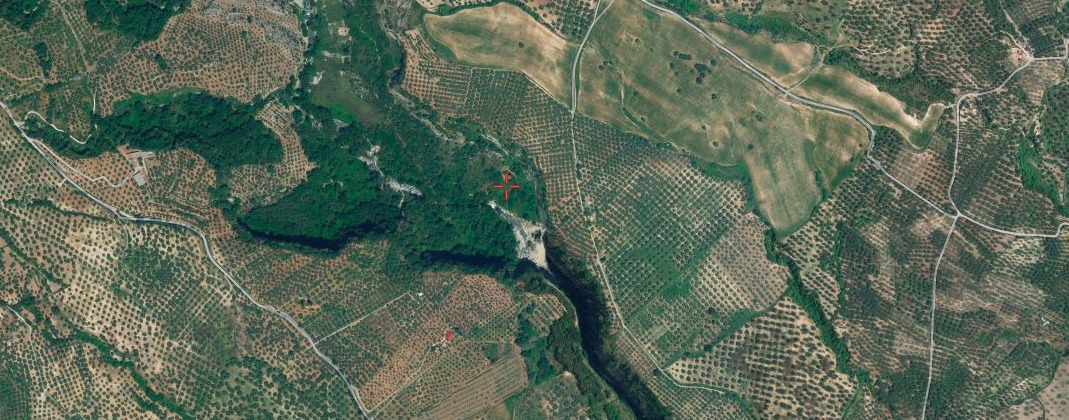 Princeton University Freshman Seminar FRS161 (2019-2022)Earth: Crops, Culture, and Climate (in Italy)See also: Earth's Changing Surface & Climate — in California (2007-2009) Earth's Environments & Ancient Civilizations — in Cyprus (2011-2013) State of the Earth: Shifts and Cycles — in Spain (2015-2017) Rise and Fall: Geodesy, and the History of Roman Floods (2024-2026) In this Freshman Seminar, you combine satellite remote sensing and geological and geophysical field observations with modeling, interpretation, and reporting, to answer questions on the impact of climate, topography, and geography on agricultural crop production. How is the energy of Earth and the Sun harnessed in its various forms? What is the impact of agriculture and resource extraction on landscapes—and how do climate and topography influence what can be grown, what can be mined, where humans settle? How have civilizations through the ages reconciled opportunity and threat: of fertile volcanoes, powerful rivers, burning forests? In the classroom, around campus, and in the field abroad, using both instruments and your own senses, you gain practical experience collecting data in geographic context. You analyze these data using statistical techniques such as regression and geospatial analysis, while learning the programming language MATLAB. You write a research paper and typeset it in LaTeX. The mandatory week-long Fall Break field trip centers around staying at, and studying, a mid-size Italian olive farm, along with exploration of the geological and archaeological environment nearby. In 2021, we went all around on campus, "in person", with How Green is Your Campus? We studied campus greenery using airphotos, GPS, live tree census, and dead trees (rings!) In 2020, we went online with Earth's Climate: A Tale of Many Weathers, collecting and reporting primary data with a variety of instruments (time-lapse cameras, weather stations) from home.The classroom component of this Freshman Seminar will have graded (bi)weekly assignments built around on-campus data collection, data preparation or analysis, and scientific programming. A significant part of your assessment comes from writing assignments that teach you to communicate your scientific results, and culminate in an original research paper and an oral presentation for an audience of peers, Freshman Seminar alumni, and invited guests from the university community. This seminar is about natural science and technology, and has a laboratory component to it: students should come prepared with an aptitude for, and a willingness to learn, the quantitative aspects of scientific inquiry and numerical modeling. Scientific writing and computer programming are integral parts of this seminar and its assessment. We teach and require the use of LaTeX—annoying now, helpful later on. Department of Geosciences Professors Adam Maloof and Frederik Simons are veterans of the Freshman Seminar program: see Earth's Changing Surface & Climate, which was built around field work in California, Earth's Environments & Ancient Civilizations, which conducted geoarcheological field work in Cyprus, and State of the Earth: Shifts & Cycles, whose research sites were in France and Spain. Student FeedbackSome Student Work
Agricultural Liming is a Solution for Olive Tree Growth Deficits in Southern Italy
 Local Valleys Cause Deviations in Latitudinal Warming Trends in Italy  Predicted Changes in Precipitation in the Mediterranean Basin  Shade Controls Hillside Olive Tree Growth  Frederik Simons Last modified: Wed Dec 22 23:42:57 EST 2021 |